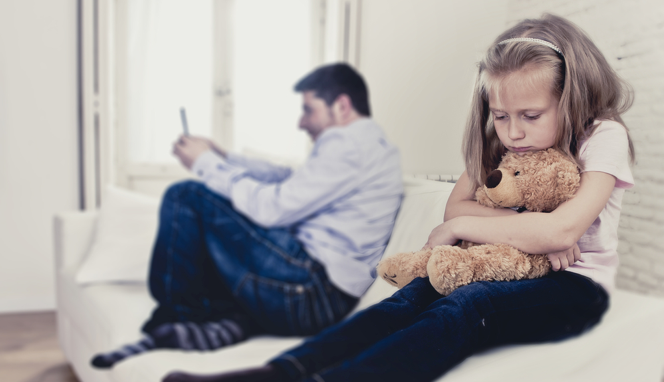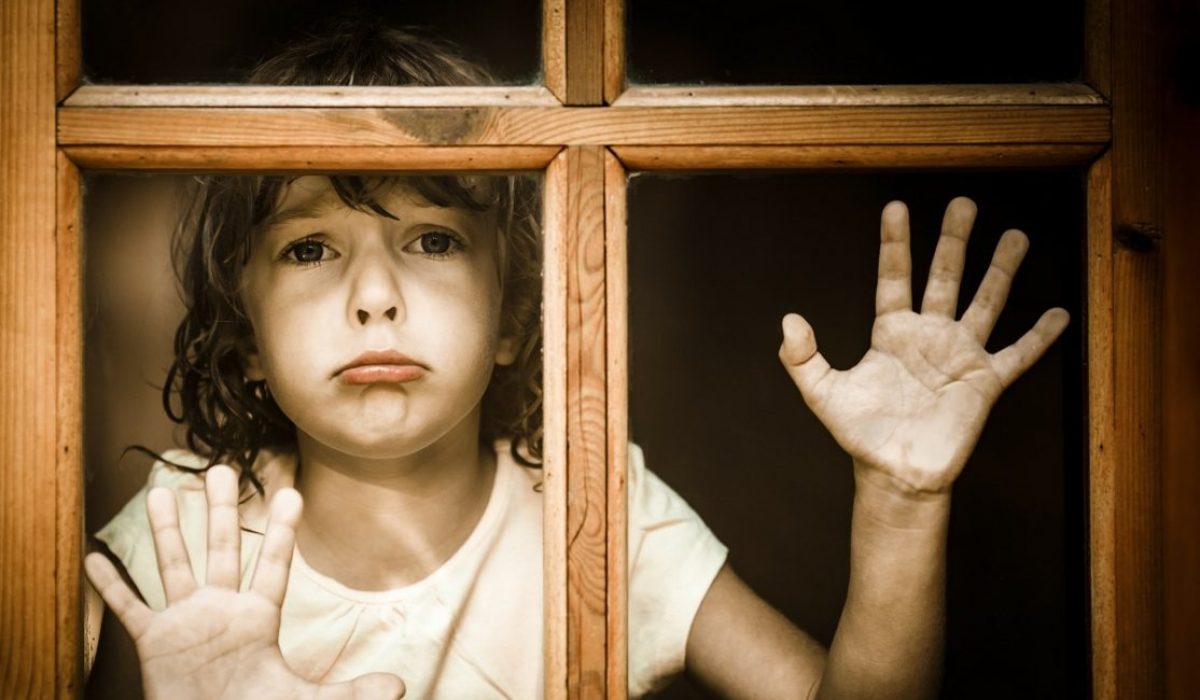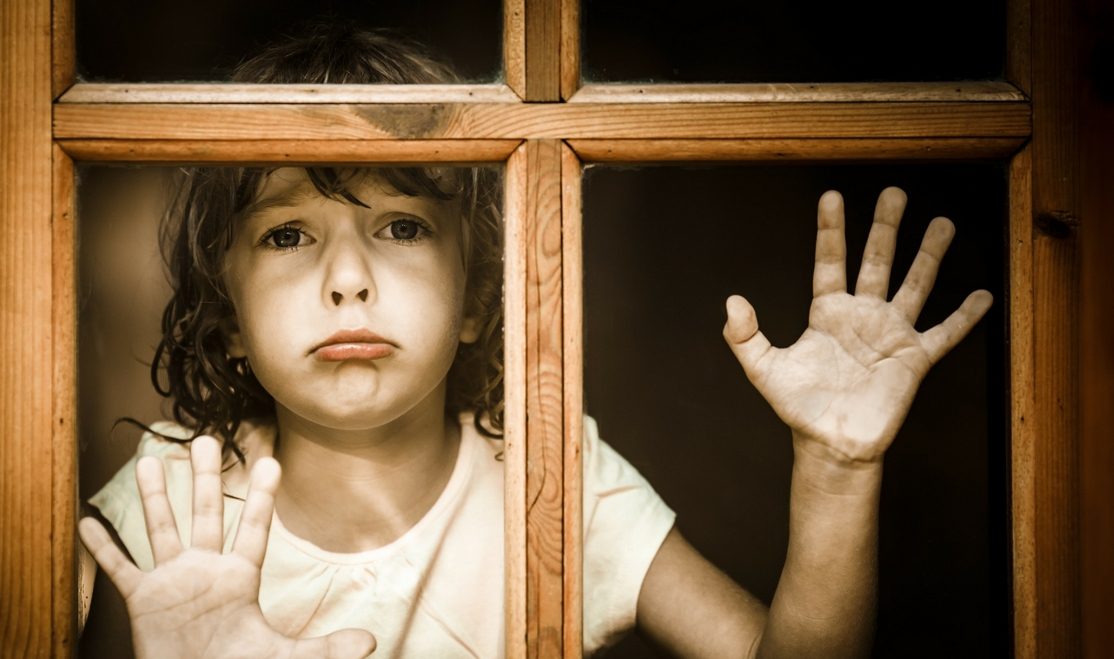Is your child having troubles adjusting in some way? Or Are you an adult who’s having difficulties with emotional balance or stability?
If this and some other emotional issues relating to children and adults alike are what you are experiencing, then I think it’s time you met a Therapist.
The parent-child relationship is one of the most long-lasting and emotionally intense social ties. Although it can be positive and supportive, this tie also includes feelings of irritation, tension, and ambivalence.
Sometimes people may think they are experts on parenting until they become a parent. Sometimes people believe that parenting would be so easy that you would stretch out your feet to take coffee at will. But now that you have a child or children of your own, you feel overwhelmed, confused and few times perplexed and unsure to the point you find yourself wishing that kids came with an instruction manual.
Nonetheless, avoiding your child/children is not the best way to make out time for those things that makes you happy or fulfilled. A few changes might be found in the child if he/she is kept away for too long. A few of them include:
- Sudden attitudinal change in your child
- Have feeding problems and slow growth
- Be very passive and incapable of being spontaneous
- Difficulty in developing close relationships
- Being over-friendly with strangers
- Negative interaction with other children of the same age
- Inability to play imaginatively
- Inferiority complex (thinks poorly of them)
- Can be easily distracted and perform poorly at school
Often, there aren’t any obvious physical signs/ symptoms in a child’s actions or emotions, but a closer observation will spot them. Changes in emotions are normal parts of a growing child that is why it can be really tough to tell if a child is emotionally neglected.

Effects Of Emotional Neglect
Emotional neglect is often seen as less dangerous than other forms of neglects because its physical effects are not visible instantly or immediately. But over time, emotional neglect can have serious lifelong effects on a child’s emotional, social and physical health. It also has its effects on risk-taking behavior, mental development, and emotional development.
Also, emotional neglect affects children at different stages of their childhood, and these stages are:
Babies and pre-school children stage
Adolescent stage (Older children stage)
Babies And Pre-School Children Stage
Infants and pre-school children who are being emotionally neglected may: be overly affectionate towards strangers or people they just met or known for a while, lack confidence or become wary or anxious.
They also do not appear to have a close relationship with their parent and can be rather aggressive or nasty towards other children.
Adolescent Stage (Older Children Stage)
Older children may likely use bad languages regularly, act in a way or have knowledge about things that you wouldn’t expect them to know at their age. They also strive to control strong emotions or have extreme outbursts of emotions, seem isolated from their parents or friends, lack social skills or have few (if they have any friends).
When To Seek Help
If you’re worried that a child feels this way, watch out for any unusual behavior in the child such as:
Being withdrawn and suddenly behaves differently, anxious, clingy, depressed, aggressive. Having problems with sleeping, eating disorders, bed-wets, soils his/her clothes, takes risks and misses/ loses interest in school activities. Also, there could be changes in eating habits, obsessive behavior, nightmares, abuses drugs and alcohol, self-harm and recurring thoughts about suicide.
These individual signs do not necessarily mean that a child is emotionally neglected. Of course we have kids that are introverts, and in most cases teenagers may exhibit challenging behavior. The fact is, it may take a very long time for the actual symptoms to manifest but you should look out for any behavior that seems out of character.
Another factor that should be considered is
Parents’ Behavior
Sometimes the relationship between a parent and a child might seem strained or severed in some cases. Nonetheless, if you notice severe or persistent hostile behavior, or you think a child seems scared or uneasy towards the parents it could be a sign that the child is emotionally neglected/ abused.
Who Is Affected?
Children from any background can be affected by emotional neglect regardless of whether or not they live with their biological parents or relatives. Wrong parenting can cause physical and emotional harm to children, and the adverse effects it has is most times seen in adulthood.
Did I just say its effect can last till adulthood? Well, yes and that’s primarily what we are here to talk about. When as a child an individual suffered from emotional neglect, there is a strong likelihood that he or she will continue the cycle and it may even be worse in his or her case.
Although in most cases parents are not deliberately neglecting their kids, the kids hurt the same as they grow up feeling broken, and unlovable, and the parents might be blinded to how their actions affect their child.
When you had a father that was cold and distant and a mom that was always busy, history always finds a way to repeat itself if you don’t become aware of it. In most cases, parents who were victims of emotional neglect tell themselves that:
- Not being there for their kids makes them independent.
- Since they feel they have not met their goals in life, they want their kids to be studious and focused in school. Here emotion is absolutely out of the equation.
- They were often isolated and lacked any sense of belonging – This is reflected in the way they also raise their kids.
- They are very hard on themselves and as such deal with their kids in such manner. This is where the brawling comes in, the coldness and even harsh tones.
History just repeats itself; their kids starts internalizing their emotions as expressing himself at home always turned into a complete disaster. This will make him or her emotionally dysregulated, piling up emotion after emotion until he or she gets explosive hurting themselves or others. On the other hand, they could totally withdraw from everyone and everything and eventually fall into depression.
The first step a victim of emotional neglect can take to overcome its effects is to become self-aware. This simply means becoming more aware of what they are feeling and their emotional state. The next step is trying to build relationships, between you and your teen (if any) and between you and your partner. And although this may be difficult consulting a child therapist near you for counseling may just be all you need.
Recent Blog Posts

Guiding Little Minds: Exploring The World Of Child Counseling
Childhood is a time of wonder, exploration, and growth. However, it can also be a period filled with challenges, emotions, and uncertainties. For some children, navigating through these complexities may require additional support and guidance. This is where child counseling steps in, offering a safe and nurturing space for children

Child Counseling: Nurturing Young Minds
In the journey of childhood, amidst the joys of discovery and growth, there are also moments of confusion, fear, and uncertainty. Children encounter a myriad of challenges, from academic pressures to family dynamics, that can profoundly impact their emotional well-being. In these moments of vulnerability, child counseling emerges as a

Navigating The Challenges Of Raising A Child With A Child Therapist
Parenting is an awe-inspiring journey filled with joy, laughter, and profound moments. Yet, it’s also rife with challenges that can leave even the most seasoned caregivers feeling overwhelmed. For parents raising a child with unique emotional or behavioral needs, these challenges can be particularly daunting. In our modern world, where

Addressing Childhood Anxiety: Tools And Techniques For Therapists
In today’s fast-paced and demanding world, childhood anxiety has become an increasingly prevalent concern, affecting millions of children worldwide. As therapists, addressing this issue requires not only empathy and understanding but also a diverse set of tools and techniques to effectively support young clients in navigating their emotions. In our

Breaking Down Barriers: The Benefits Of Child Therapy For Anxiety
In a world that can sometimes feel overwhelming, anxiety among children is a prevalent concern that shouldn’t be overlooked. From the pressure to excel academically to navigating social dynamics, today’s children face a myriad of stressors that can hinder their emotional well-being. However, amidst these challenges lies a beacon of

The Approach Of A Child Psychotherapist In Helping Children Heal
In the intricate tapestry of human emotions, the threads that bind a child’s psyche are perhaps the most delicate and vulnerable. Children, with their burgeoning personalities and developing understanding of the world, often encounter hurdles that seem insurmountable to their tender minds. Whether grappling with trauma, navigating complex family dynamics,

The Importance Of Counseling For Children: Addressing Mental Health Early On
In today’s fast-paced and ever-evolving world, the mental well-being of our children has become a critical concern. As parents, caregivers, educators, and members of society, we are increasingly aware of the importance of addressing mental health issues in children from an early age. While physical health is often given the

The Importance Of Seeking A Certified Child Therapist For Your Child’s Mental Health
In today’s complex and fast-paced world, ensuring the mental well-being of our children is more crucial than ever before. From the pressures of academics to the challenges of navigating social dynamics, children face a myriad of stressors that can impact their mental health. As parents, guardians, or caregivers, it’s our


